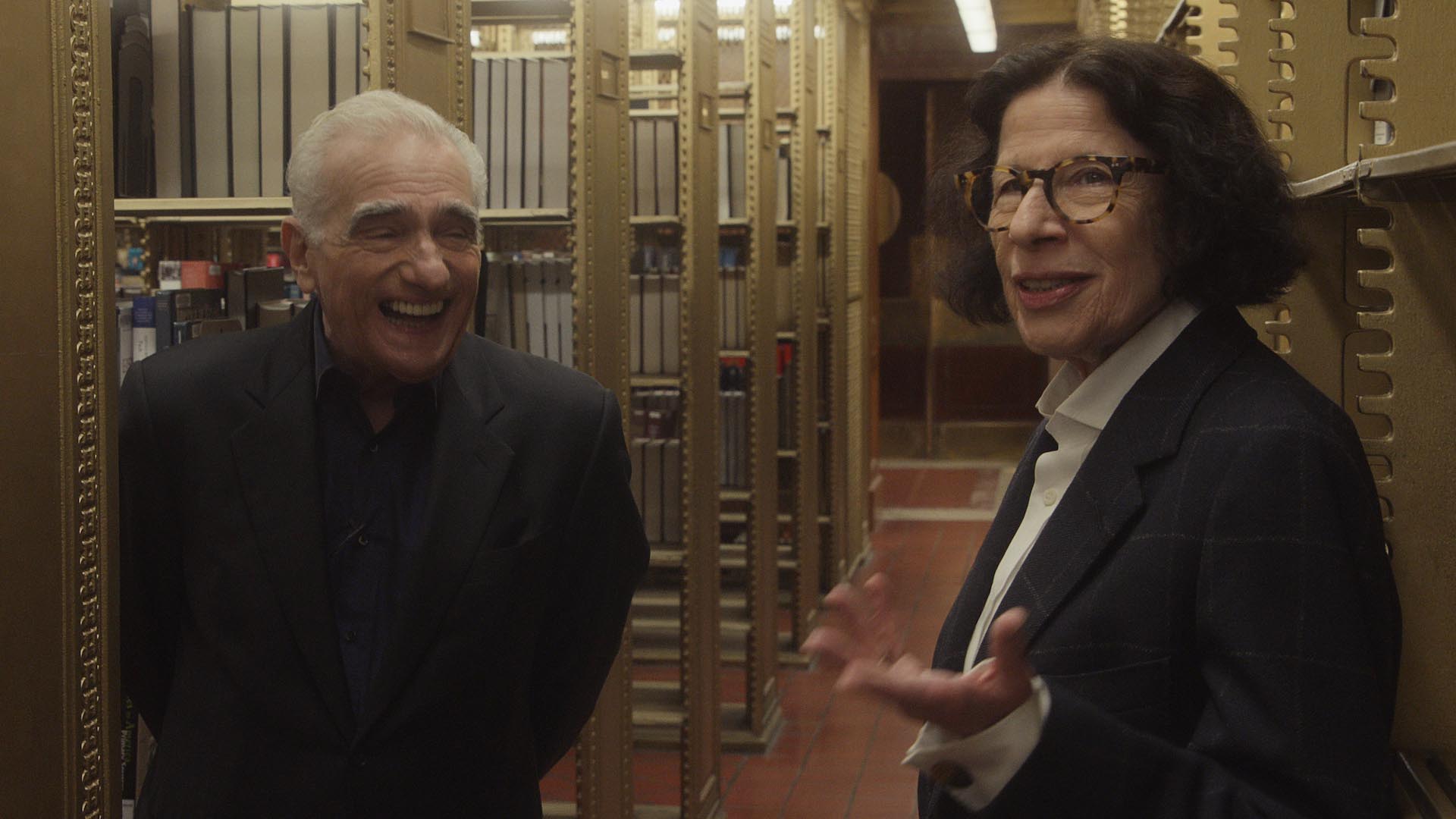October marked the 74th birthday of Fran Lebowitz, the New York queer icon known for her sardonic wit and relentless criticism. She is a character from whom we can learn a lot about individuality, independence, and how to stay true to ourselves in a world that fabricates digital identities and tries to make us feel insecure about finding our own way.
Who is Fran Lebowitz?
Fran Lebowitz was born on October 27, 1950 in New Jersey and moved to New York City at a young age. NYC was an important scene for the LGBTQ+ community at the time, where people were free to live their differences. Fran quickly became an emblematic figure in this vibrant environment. As a writer, comedian, and cultural observer, she always reveals the oddity of the world with sharp, often sarcastic humour, in an entertaining and thought-provoking way at the same time. Lebowitz’s style is not only literary but also a statement of lifestyle – she is never willing to conform to any expectations. What is particularly inspiring for the lesbian and queer communities is the uncompromising, honest approach she represents: living true to herself and not afraid to say what others only dare to think. She does not bow down to either mainstream or heteronormative worldviews.
Pretend It’s a City
Lebowitz is not only a writer and comedian but also provides cultural commentary, always criticising society with acerbic humour. Pretend It’s a City, a series about her produced by Netflix, has put the spotlight back on her and her relevant thoughts on the absurdity of the modern world.
In the series directed by Martin Scorsese, a good friend of hers, Fran takes us through the streets of New York City as if we were part of a cultural journey: we get to know the city’s past and present faces, the difficulties of urban life – all spiced with her trademark humour. Lebowitz uses a simple example to explain what has changed in people’s attention over the years: whereas in the past, ‘walking the streets in alert’ was a part of survival, today people often immerse themselves in their phones, oblivious to their surroundings. She tells a story, for example, of a guy riding his bike in one of the busiest parts of the city, eating with one hand, talking on the phone with the other, and steering the bike with his elbows – almost hitting the only person in New York still able to walk mindfully.
One cannot avoid Fran’s love of books as she recounts the complaints of others who are not able to identify with one or another novel. ‘I don’t read a book to recognise myself,’ says Lebowitz. ‘A book is not a mirror but a window.’ This distinction says it all: Lebowitz’s worldview is not centred around the individual, but rather around the inexorable truth that one can never be important enough to oneself.

Fran Lebowitz, the critical thinker
Lebowitz’s observations are perhaps more relevant today than ever. The critical thinking she portrays may be particularly significant at a time when pseudo-news, harmful social media trends, and attention deficit increasingly dominate our daily lives. Fran Lebowitz’s critique is remarkably important now as not only the entertainment industry but also the digital world offers platforms where critical thinking is overshadowed, and people tend to blindly follow the latest trends or hype. If something is popular or “cool”, it has the potential to become automatically accepted. She also reminds us that sarcasm, humour, and criticism are tools for understanding the world as well as essential in staying aware. Both her life and work show that critical thinking is not a luxury, but a crucial survival tool in this fast-changing world.
What is Fran Lebowitz’s message to us?
Her critique is against the superficiality of society, it targets hypocrisy, and she always does so with wit and almost cruel sharpness. In contrast to those who seek to assert themselves through the power of social media by creating their digital alter-ego, Lebowitz makes a name for herself by deliberately ignoring this world and giving only herself with relentless honesty.
Without Fran Lebowitz, the world would be a greyer place – although she might say that this chaos is already colourful enough.
Translated by Zsuzsa Petrás

